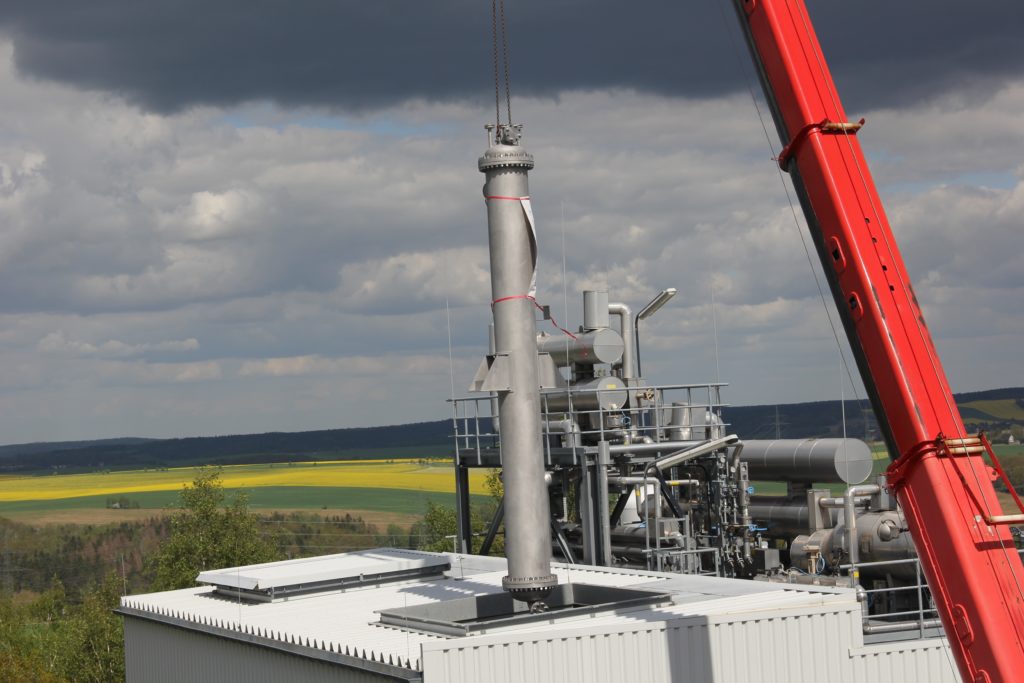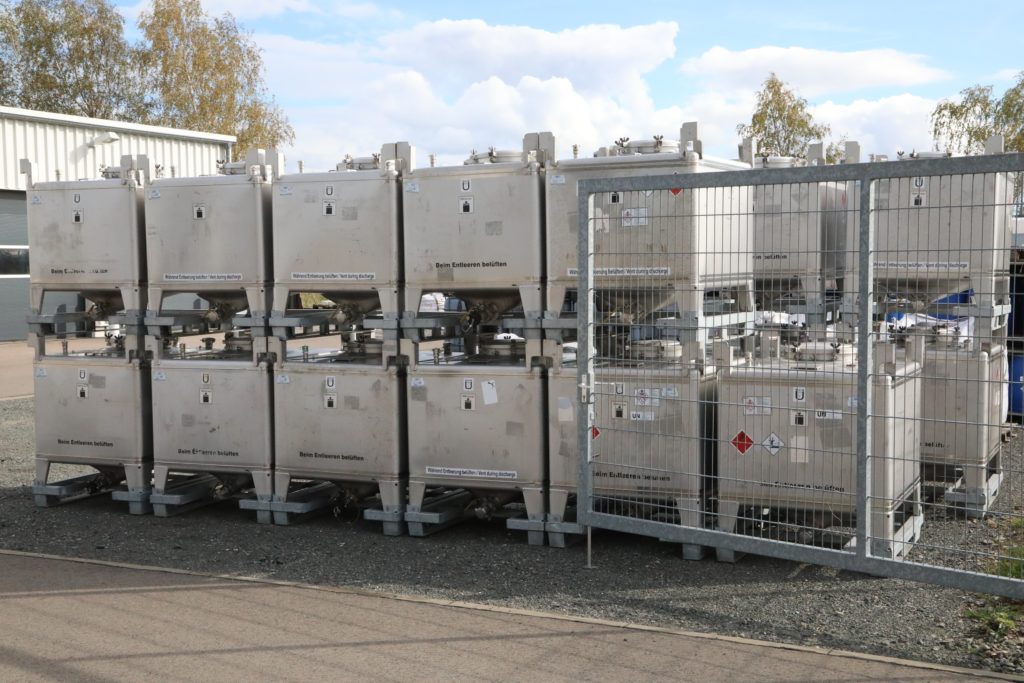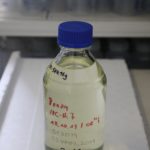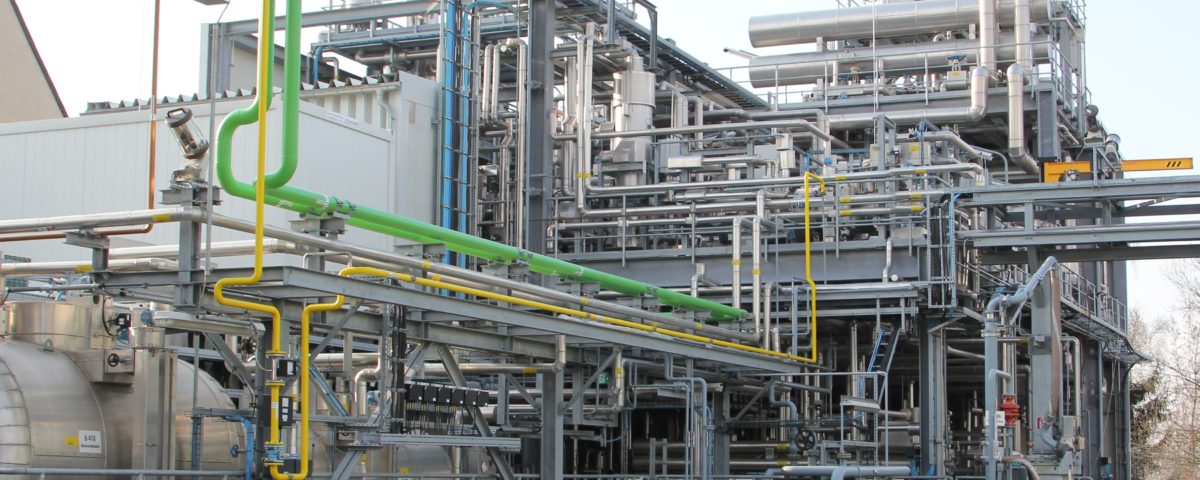15.400 liters of synthetic gasoline generated from green Methanol
In the gas synthesis plant at the TU Bergakademie Freiberg converted for C3-Mobility, high-octane petrol is produced from green methanol. Around 15,400 liters have already been made available for the project partners.
The joint research project C3-Mobility focuses on the production, characterization and application of modern fuels and blend components for the development and demonstration of new ways into the CO2 neutral mobility of the future. The use of regeneratively produced petrol based on methanol is particularly advantageous for this.
The C3-Mobility consortium requires sufficient amounts of synthetic gasoline to enable a wide range of studies on fuel properties and material compatibility, tests in engine applications and testing in gasoline and flex-fuel cars. To this end, the two professorships in Reaction Engineering (RT) and Energy Process Engineering and Thermal Waste Treatment (EVT) at the TU Bergakademie Freiberg are carrying out their joint sub-project, which comprises a volume of € 3.3 million and is fully funded by the BMWi. The RT professorship works on the development of advanced catalysts for gasoline synthesis, which includes kinetic studies, model creation and long-term tests. The project partner Chemieanlagenbau Chemnitz GmbH (CAC) also carries out catalyst tests and is in close contact with the RT professorship.
Since 2010, a large-scale gasoline synthesis plant based on CAC technology has been operated at the EVT professorship. In order to upgrade it for multi-week test campaigns for the production of high-octane gasoline of constant quality, it was converted to a new reactor concept. This is part of CAC’s current methanol-to-fuel technology, which will also be used to produce synthetic gasoline from methanol on an industrial scale in the future.

Figure 1: Assembly of a new gasoline synthesis reactor (May 2019)
In the one-year preparation phase after the start of the project, the new reactor concept was planned and implemented by CAC. On the part of the cooperating professorship EVT, approval procedures and TÜV tests were carried out, necessary repair and commissioning-preparatory work was carried out, raw material deliveries and product logistics were clarified and the product analysis accompanying the test was prepared.
At the beginning of October 2019, the first gasoline production phase started in the large-scale gasoline synthesis test facility of EVT. Particular attention was paid to determining the gasoline composition (detailed hydrocarbon analysis), which was promptly incorporated into the control and optimization of the process parameters. As a result of the four-week test campaign, a total of around 15,400 liters of high-octane gasoline were produced from „green methanol“ (biomethanol, certified according to ISCC-EU). Special quality features are the low proportions of aromatic compounds via C9, especially the low Durol content, as well as a high oxidation stability. This gave the C3-Mobility consortium a first representative amount of fuel for fuel characterization and testing.

Figure 2: Steel containers (IBC) for petrol filling provided by project partner Shell
The second gasoline production phase is currently being prepared at the Professorship EVT. Based on the operational experience of the first test campaign, synthetic processes and test results become more material and economical  key figures comprehensively evaluated and requirements of the C3-Mobility project partners for the product quality of the second batch incorporated into the test planning. Accordingly, a different catalyst was selected together with CAC.
key figures comprehensively evaluated and requirements of the C3-Mobility project partners for the product quality of the second batch incorporated into the test planning. Accordingly, a different catalyst was selected together with CAC.
It is currently being tested again at CAC in order to finally coordinate the setting values for the synthesis process up to the start of the test drive.
From August, a further 15 to 25 cubic meters of „green“ gasoline of optimized quality will be produced in the large-scale gasoline synthesis test facility at EVT and made available to the project partners for their investigations.
Figure 3: Gasoline sample
Photos: Institute of Energy Process Engineering and Chemical Engineering at TU Bergakademie Freiberg
